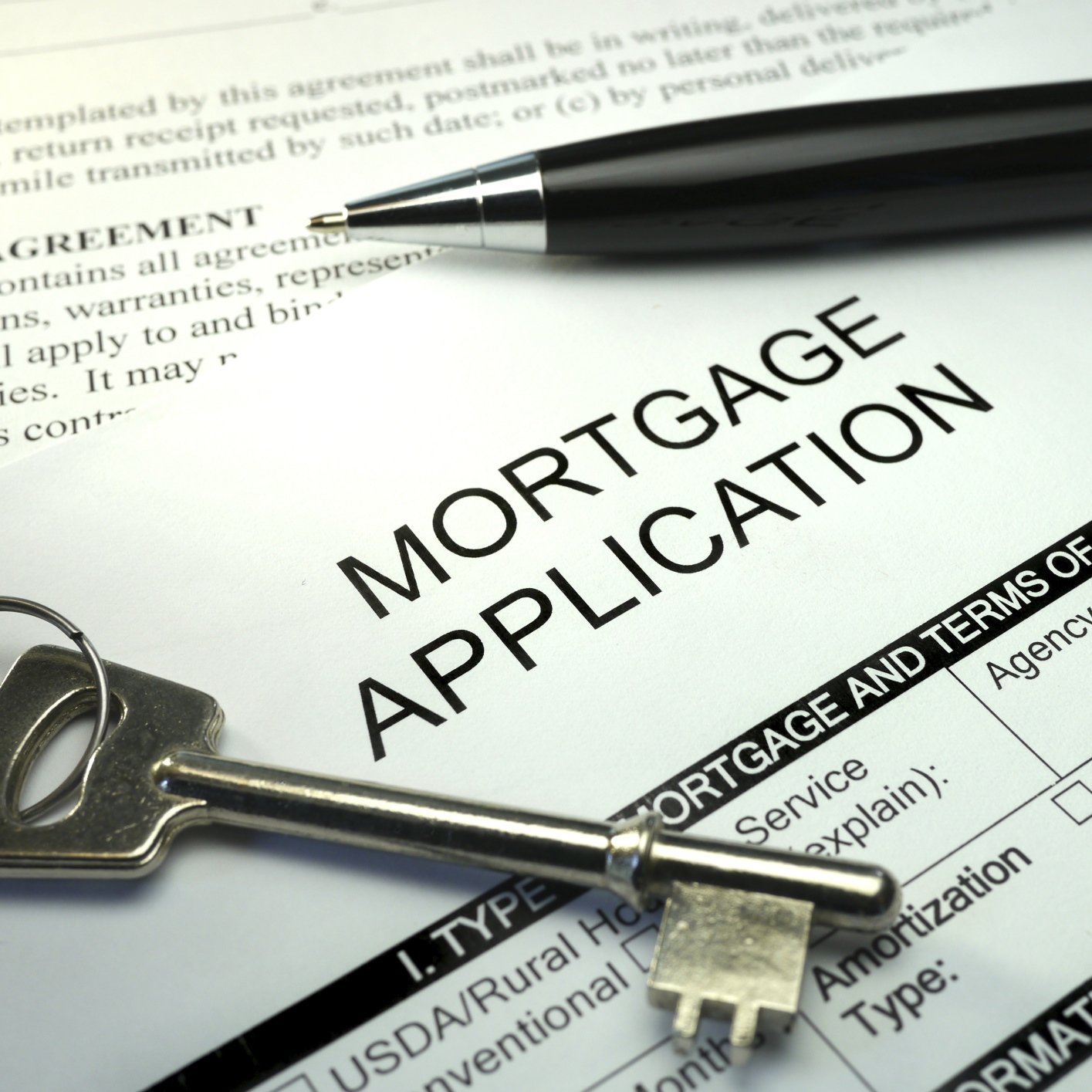Housing
How Does Credit Score Influence Mortgage Rates?

Published:
Last Updated:

Over the past 12 months the mortgage interest rate has bounced between 3.34% and 4.11%. If you are shopping for a new home, you are very likely also shopping for a mortgage, and the difference between those two interest rates could cost more than $25,000 over the course of a 30-year fixed mortgage.
The lowest home mortgage rates are available only to the most qualified home buyers. Lenders look at several items when determining the interest rate they plan to offer a particular borrower. A decision on whether to lend money to a home buyer depends on several things:
The first four of these are pretty easy to figure out yourself. The credit score is more mysterious, but you can influence your mortgage rate significantly by raising your credit score.
Borrowers with a credit score of 760 or higher are generally offered the best available interest rate, provided the other items we’ve mentioned are also solid. Borrowers generally need a score of 620 in order to qualify for a mortgage at all, although a Federal Housing Administration (FHA) loan may be available to qualified borrowers with scores below 580 and who can make a 10% down payment. FHA loans are also available to borrowers with a credit score above 580 who can make a down payment of at least 3.5%.
If you don’t meet the minimum credit score requirement for the interest rate you want, then you’ll have to figure out a way to bring one of the other items in our list into line. These include paying down existing loans, paying any past-due bills and fixing any errors that might have popped up in your credit report.
The myFICO website offers a calculator that shows the difference your credit score makes to the interest rate you will be offered for a mortgage. For example, on a $225,000 loan you will pay $123,573 in interest over the 30-year life of the loan if your credit score is above 760. If your credit score is between 700 and 759, you’ll pay about $10,000 more over the term of the loan. If your credit score is between 620 and 639, you’ll pay about $74,000 more over the 30-year loan term.
Any questions?
Finding a qualified financial advisor doesn’t have to be hard. SmartAsset’s free tool matches you with up to 3 fiduciary financial advisors in your area in 5 minutes. Each advisor has been vetted by SmartAsset and is held to a fiduciary standard to act in your best interests. If you’re ready to be matched with local advisors that can help you achieve your financial goals, get started now.
Thank you for reading! Have some feedback for us?
Contact the 24/7 Wall St. editorial team.